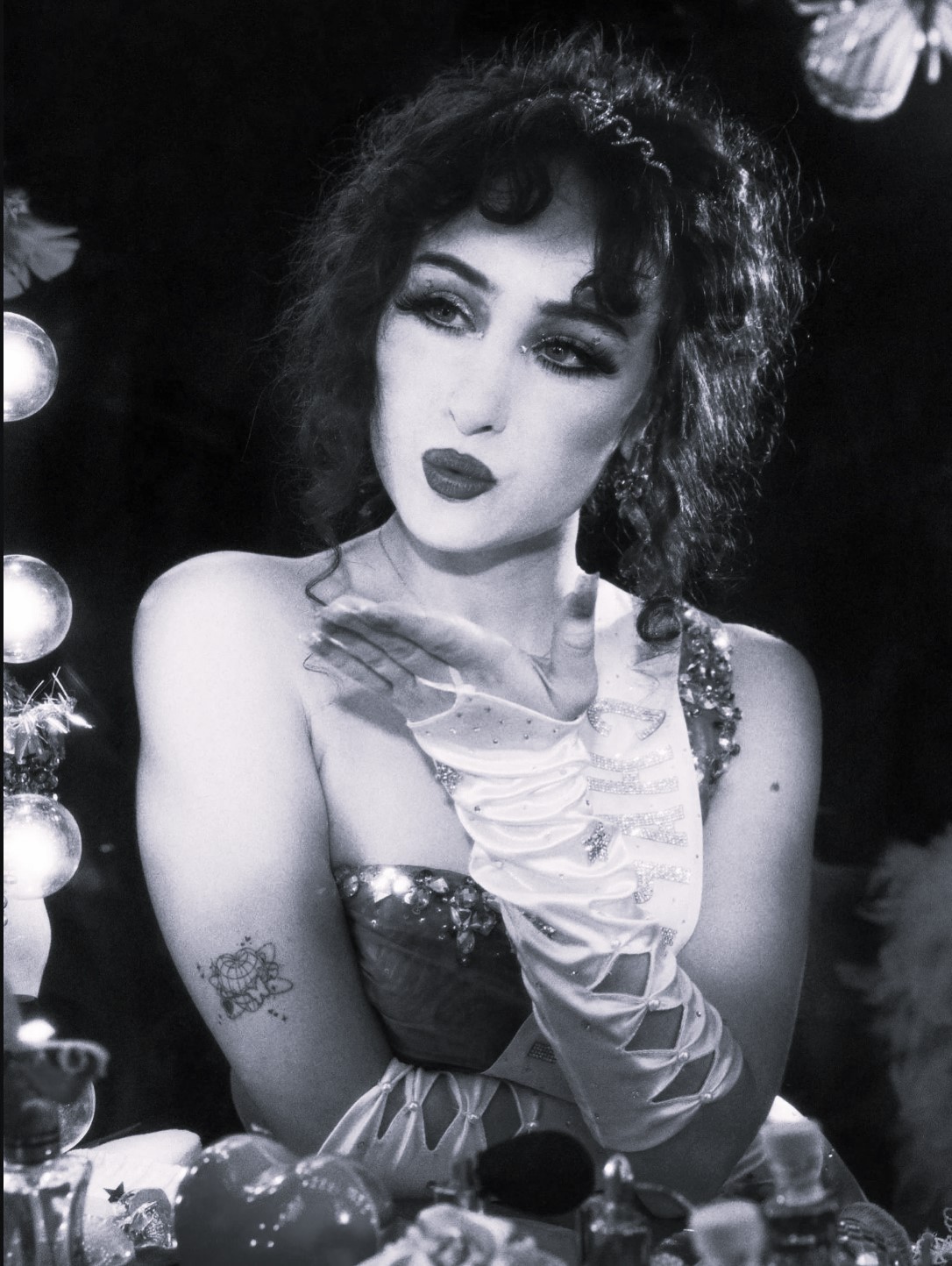Chappell Roan and the politics of non-endorsement
Tara Karanovic, Contributor
In the wake of the dystopian-esque 2024 United States presidential election, it seemed that the name on everyone’s lips was not Trump or Harris, but emerging pop artist Chappell Roan. The “Pink Pony Club” singer found herself in the center of political discourse surrounding her explicit non-endorsement of Vice President Kamala Harris and the Democratic Party.
In an interview with The Guardian, Roan emphasized the importance of critical thinking in voting, stating, “There are so many things that I would want to change. So I don’t feel pressured to endorse someone”. Yet, many took to social media to berate her statements, accusing her non-endorsement of signalling support for the Republican party. Overall, her refusal leaves a much larger question than which political party she affiliates herself with: Do celebrities owe the public unwavering loyalty to a certain political ideology, or is their greater responsibility to remain authentic?
Celebrities speaking on politics can feel empowering for fans, making their “faves” seem relatable while simultaneously raising awareness for important world issues. However, from the perspective of celebrity status, this comes with the immense pressure of aligning yourself with your fans’ beliefs — if you dont, you risk losing their support. Roan challenges this dynamic in a TikTok video responding to the controversy, saying, “If someone is publicly endorsing a political figure that doesn’t even mean that they’re gonna f*****g vote for them”.
“Actions speak louder than an endorsement”, Roan explained, a sentiment backed by her extensive social activism. Through fan-driven initiatives, Roan has raised hundreds of thousands of dollars for causes such as reproductive rights and LGBTQ+ care through initiatives where, by donating to these causes, fans may earn rewards like free concert tickets or meet-and-greets. Roan’s socio-political impact makes it clear that her refusal to endorse is not rooted in ignorance — it is a rejection of performative activism.
Those who demand her endorsement of Harris fail to realize that it is not Roan’s job to be a politician, it is her job to create music. Instead of focusing on which candidate a celebrity will be endorsing, we must focus on the candidates themselves. In the case of Chappell Roan, she pushes her audience to critically engage with all policies, including those coming from the left. As she states, “That’s why I can’t put my entire name and my entire project behind one [candidate], because there is no way I can stand behind some of the left’s completely transphobic and completely genocidal views”.
At the same time, the public must approach celebrity statements with caution. Blind following of endorsements undermines the responsibility of voters to engage with issues from their own perspectives. As Roan demonstrates, celebrities do not owe the public anything but authenticity, and yes, their words may have an impact, but it’s essential to critically analyze the meaning behind them.
Ultimately, a mutual responsibility is what is needed, celebrities must navigate their platforms with awareness of the influence they hold, and fans must realize that there is no written contract obligating celebrities to uphold their audience’s demands. Meaningful discourse — not shallow endorsements — is the root of change; Roan’s refusal of endorsement only further sparked conversations to shift the focus back to what matters: holding politicians accountable and making informed decisions as voters.
Photo Credit: Marissa Panethiere




